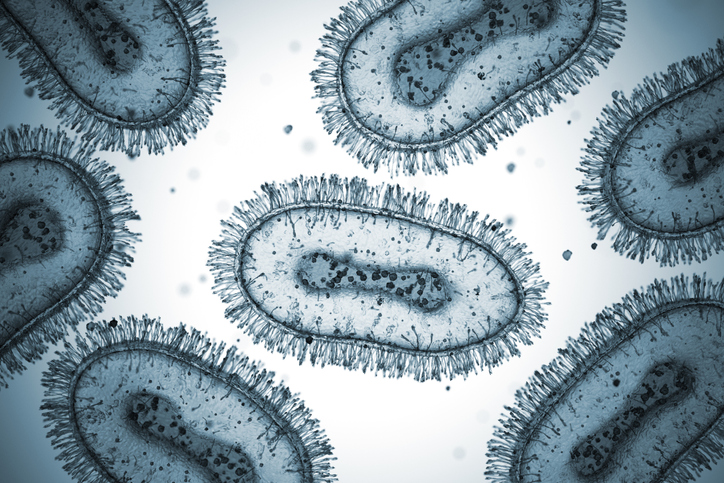Author: Olivia Dimmer
-

Gestational Diabetes May Signal Poor Prepregnancy Cardiovascular Health
Poor prepregnancy cardiovascular health is associated with a higher risk of developing gestational diabetes and coronary artery calcium in midlife, according to a recent Northwestern Medicine study.
-

Investigating Nationwide IV Shortages After Hurricane Helene
Intravenous fluid use in pediatric emergency departments decreased nationwide following Hurricane Helene, according to a recent Northwestern Medicine study, findings that may help emergency departments better allocate resources.
-

How a Common Metabolite Worsens Inflammatory Bowel Disease
Northwestern Medicine investigators have identified a surprising culprit in the progression of inflammatory bowel disease, according to a study published in Nature Immunology.
-

Developing New Methods to Map Brain-Wide Synaptic Changes
Scientists have developed a new method to track changes in synaptic protein lifetimes across the entire brain, according to a study published in Nature Neuroscience.
-

Study Uncovers Key Biological Markers in Severe Malaria
Scientists investigating severe malaria infections in children have uncovered key biological markers that could help guide future treatments, according to a study published in Nature Communications.
-

Compound Produced by Gut Bacteria May Slow Alzheimer’s Progression
A compound found in the gut may reduce some of the manifestations of Alzheimer’s disease, according to a Northwestern Medicine study published in the Journal of Clinical Investigation.
-

Targeting Tumor Metabolism to Trigger Cancer Cell Death
Northwestern Medicine scientists have developed a promising approach to killing treatment-resistant cancer cells by exploiting their hidden metabolic vulnerabilities, according to a study published in the Proceedings of the National Academy of Sciences (PNAS).
-

Uncovering How Poxvirus Hijacks Host Proteins to Spread
Northwestern Medicine scientists have uncovered new details about how poxvirus hijacks its host’s protein synthesis machinery to multiply and spread, according to a study published in Nature Microbiology.
-

Understanding the Genomic Complexities of Glioblastoma Tumors
Genetic makeup and structure can shift dramatically across different areas of a single glioblastoma tumor, reveals a Northwestern Medicine study published in Science Advances.
-

New Scoring System Improves Colorectal Cancer Risk Prediction
A newly developed scoring system could enhance risk prediction and guide treatment decisions for colorectal cancer, according to a study published in the Journal of Clinical Oncology.



